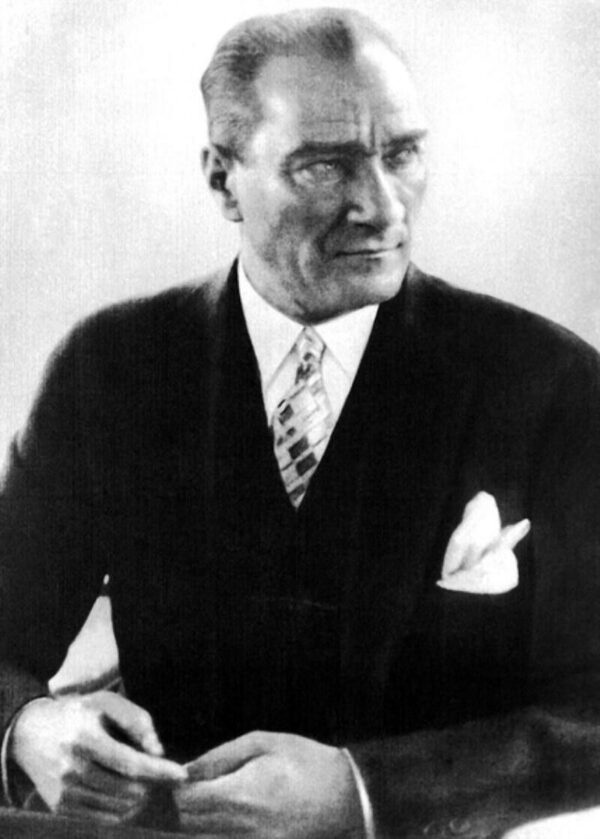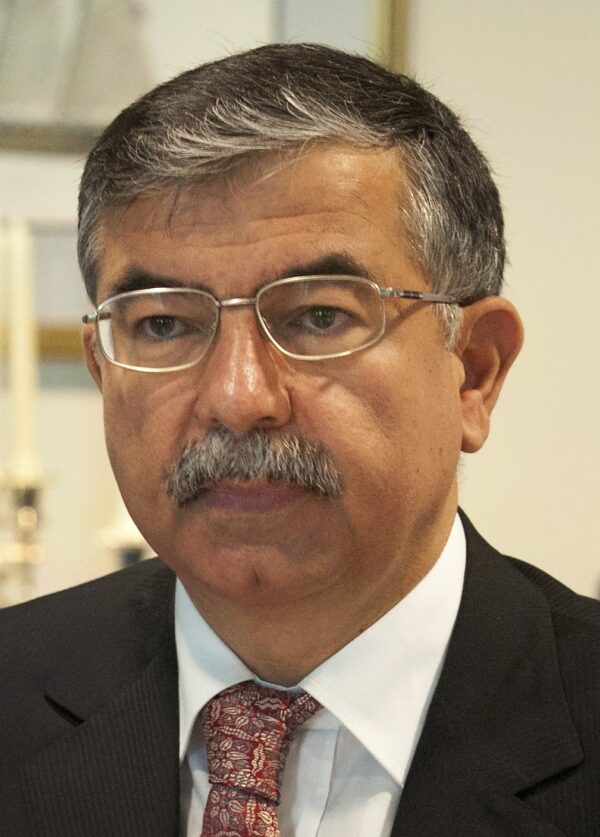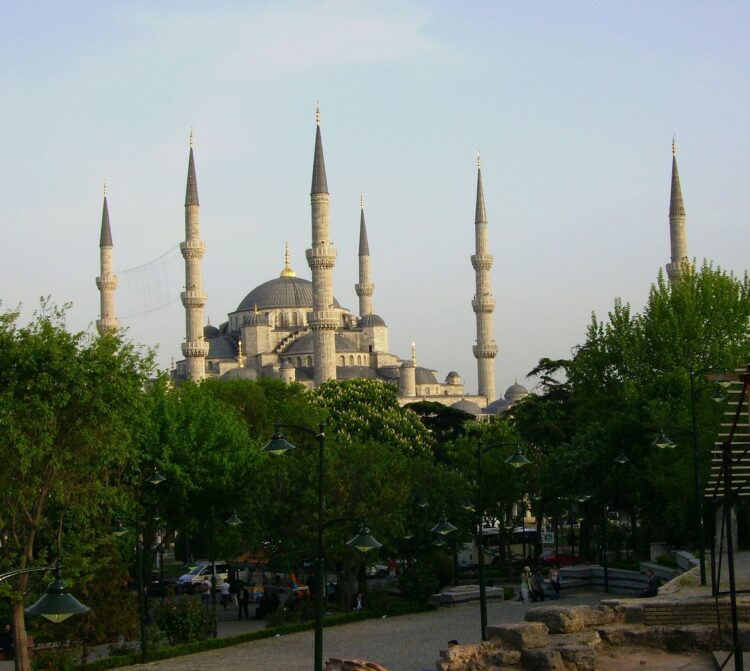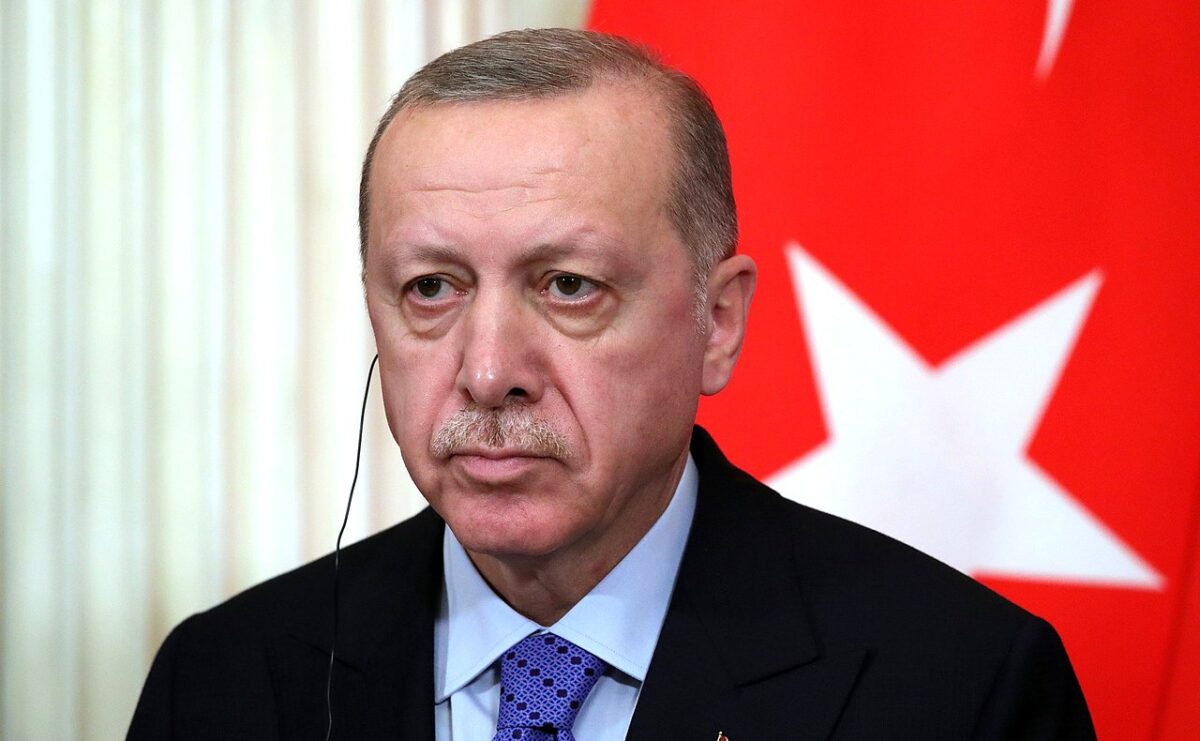Much to the probable detriment of Jews and Christians in Turkey, Turkish school textbooks have been increasingly influenced and shaped by political Islam during the presidency of Recep Tayyip Erdogan.
The Islamization of the curriculum goes against the grain of Turkish secular practices brought in by the great reformer Mustafa Kemal Ataturk in the first third of the last century. It has been a gradual but emphatic process.

Phased in following the election of Erdogan’s Islamist-oriented AKP Party in 2002, it has taken hold since the failed coup of 2016. Erdogan’s colleague, Ismet Yilmaz, the former minister of education, played a pivotal role in this transformation.
A new report published recently by IMPACT-se, the Institute for Monitoring Peace and Cultural Tolerance in School Education, paints a somber picture of the situation.

Several of the books in the curriculum are far from objectionable, showing an understanding of and respect for Judaism and Hebrew sacred texts and examining the Holocaust in some detail. But still other books examined by IMPACT-se ring alarm bells, dividing humanity into three distinct categories: Muslim “believers” who are guided by a superior faith; Muslim “hypocrites” who try to lure Muslims into committing sin, and “infidels,” consisting of non-Muslims.
Previously, Turkish texts referred to Jews — a minority whose members found refugee in the Ottoman Empire following the expulsion of Jews from Spain — as the “people of the book,” in keeping with the strictures of Islam. But now, like Christians, Jews have been labelled as “infidels.”

To Muslims, the word “infidel” often conjures up wholly negative connotations, and for non-Muslim minorities in Turkey, this does not bode well for the future. “Infidels” will likely be seen by intolerant Turks as outsiders who deserve neither respect nor protection.
Turkish texts also demonize Zionism, branding it as an imperialist movement bent on annexing parts of Turkey and Arab lands between the Nile and Euphrates rivers. This patently false and absurd conspiracy theory has inevitably stirred antagonism toward Israel and Jews in the Arab world and in Turkey itself.
Jews in Turkey are naturally concerned by these developments. On a reporting trip to Turkey a decade ago, I was told by Jewish community leaders that Zionism is a “dirty word” in Turkey, the successor state of the Ottoman Empire, which controlled Palestine for 400 years until 1917.
Turkish texts additionally claim that Zionism fomented the ongoing civil wars in Syria and Yemen, instigated the 2013 coup d’état in Egypt, and is plotting to build a third temple on the site of the Temple Mount in East Jerusalem.
The report adds that Turkish textbooks have reprinted excerpts from Erdogan’s incendiary anti-Israel speeches. Erdogan — a passionate champion of the Palestinian cause and a supporter of the Hamas regime in the Gaza Strip — has ceaselessly attacked Israel since its invasion of Gaza in 2009 and its interception a year later of a Turkish vessel, the Mavi Marmara, trying to break Israel’s blockade of Gaza.
Given Turkey’s diplomatic and trade relations with Israel and its status as the first Muslim state to recognize Israel, Israel’s existence is not questioned by any of these textbooks, but Turkish students are encouraged to support the Palestinians.
According to Marcus Sheff, the chief executive officer of IMPACT-se, there has been “a marked deterioration” in Turkish textbooks since its last review five years ago. As he put it recently, “School books have been weaponized in Erdogan’s attempts to Islamize Turkish society and to hark back to a nostalgic age of Turkish domination. We note increased demonization of Israel and antisemitic aspersions that must make Turkish-Jewish students feel unsafe.”
It is most unfortunate that Turkey — the sole Muslim nation in the Western NATO alliance — is drifting away from Ataturk’s cherished legacy while trying to Islamize and politicize its educational system.
This unsettling trend is bound to transform Turkey if it continues apace.
